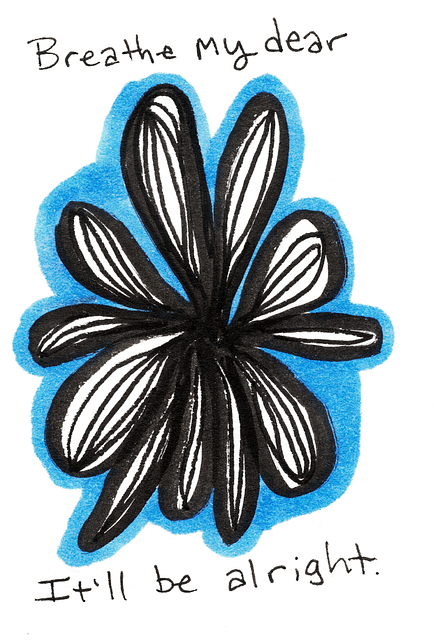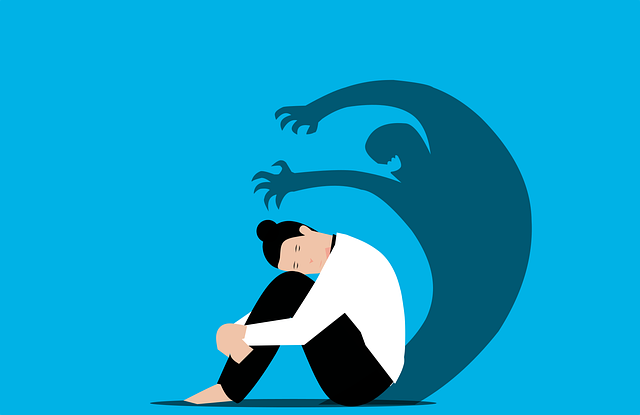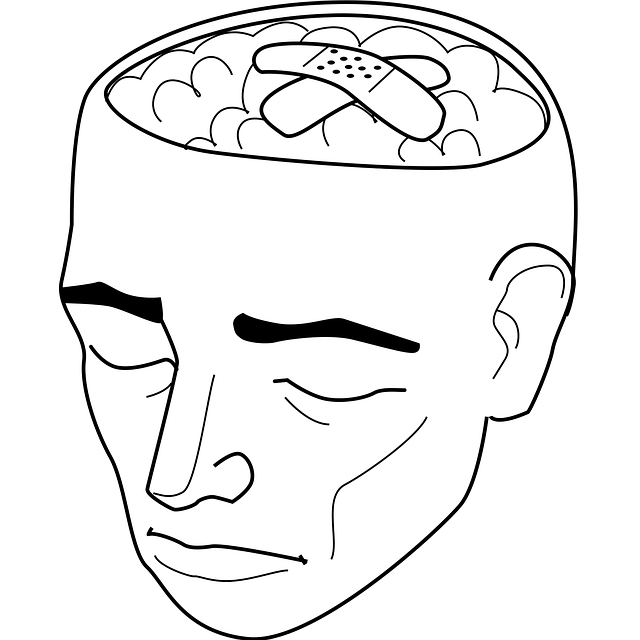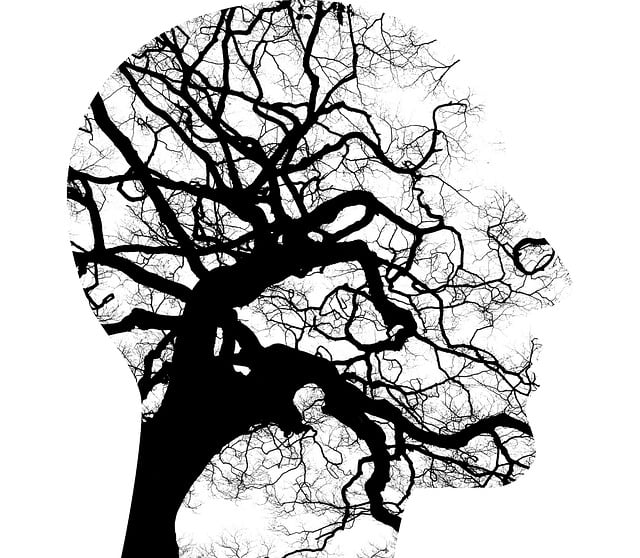Louisville Oppositional Defiance Disorder (ODD) Therapy utilizes the Resourceful Resilience Model (RFM) to build resilience and manage ODD symptoms. This structured framework integrates relational skills, functional behavior analysis, and mindfulness practices to enhance well-being. By teaching coping strategies and self-care routines, RFM empowers individuals to navigate challenges, reduce stress, and overcome trauma, ultimately improving their quality of life.
Resilience is a vital asset, especially in navigating life’s challenges. This article explores an effective framework, RFM (Resources, Fortitudes, and Mastery), and its role in building resilience. We delve into how Louisville Oppositional Defiance Disorder Therapy utilizes RFM exercises to enhance coping skills. By understanding the concept of RFM, individuals can develop a powerful toolkit to manage stress and adversity, fostering adaptability and well-being. Discover practical applications that showcase the impact of RFM on personal growth and mental health.
- Understanding RFM and Its Role in Resilience Building
- Louisville Oppositional Defiance Disorder Therapy: A Case for RFM Exercises
- Practical Applications of RFM to Enhance Coping Skills
Understanding RFM and Its Role in Resilience Building

Resilience is a crucial asset for individuals to navigate life’s challenges and overcome adversity. This is where RFM (Resourceful Resilience Model) steps in as an effective framework. Developed by experts in the field, RFM offers a structured approach to building resilience, particularly beneficial for those dealing with oppositional defiance disorder (ODD) or seeking Louisville oppositional defiance disorder therapy.
The model focuses on fostering positive thinking and mind over matter principles, equipping individuals with coping strategies during crises. By understanding personal resources, strengths, and strategies, one can enhance their ability to handle stressful situations. This proactive approach not only prevents but also minimizes the impact of future crises, promoting overall well-being. Crisis intervention guidance is seamlessly integrated into RFM, ensuring individuals have tools to manage and overcome immediate challenges while building long-term resilience.
Louisville Oppositional Defiance Disorder Therapy: A Case for RFM Exercises

In Louisville, Oppositional Defiance Disorder (ODD) Therapy has emerged as a powerful tool for addressing behavioral challenges and fostering resilience in individuals struggling with this condition. ODD is characterized by frequent arguments with authority figures, active defiance, and irritability, often impacting academic and social functioning. Traditional therapy approaches may not always yield the desired results, especially when dealing with underlying issues such as trauma or mood disorders. This is where RFM (Relational, Functional, and Mindfulness) exercises prove invaluable.
RFM exercises are designed to target specific aspects of an individual’s life—relational connections, functional behaviors, and mindfulness practices—to enhance mood management and build confidence. Louisville ODD Therapy incorporates these exercises to create a holistic treatment plan. By focusing on relational skills, individuals learn to navigate interactions with others more effectively, reducing oppositional behaviors. Functional behavior analysis helps identify triggers and teaches alternative responses, promoting better decision-making. Additionally, mindfulness techniques enable clients to manage emotions and reduce impulsivity, fostering a sense of calm and self-control. Such an integrated approach not only addresses the symptoms of ODD but also provides long-lasting trauma support services, contributing to overall resilience and improved quality of life.
Practical Applications of RFM to Enhance Coping Skills

The Resistance, Flexibility, and Mastery (RFM) model offers a practical framework to enhance coping skills, especially for individuals dealing with oppositional defiance disorder (ODD) in Louisville. By integrating RFM into therapy sessions, mental health professionals can guide clients towards developing a robust self-care routine that fosters resilience. This approach encourages individuals to confront and adapt to challenging situations, ultimately improving their ability to cope with stress and trauma.
For instance, RFM techniques can be tailored to support trauma survivors by teaching them to set boundaries and manage triggers effectively. Through practice, clients learn to flexibly navigate life’s demands, ensuring they maintain a healthy balance between pushing through challenges (resistance) and prioritizing self-care (mastery). Mental health awareness is heightened, enabling individuals to seek appropriate trauma support services when needed, thereby fostering better mental health outcomes.
Resilience is a powerful tool for individuals facing challenges, and RFM (Resourceful Facilitation Model) exercises have proven effective in enhancing coping skills. As illustrated by Louisville Oppositional Defiance Disorder Therapy, integrating RFM into treatment plans can significantly improve an individual’s ability to navigate difficult situations. By fostering resourcefulness, problem-solving, and emotional management, these exercises empower folks to overcome obstacles and lead more fulfilling lives. Practical applications of RFM demonstrate its versatility in various therapeutic contexts, making it a valuable asset for professionals aiming to help clients develop resilience.














